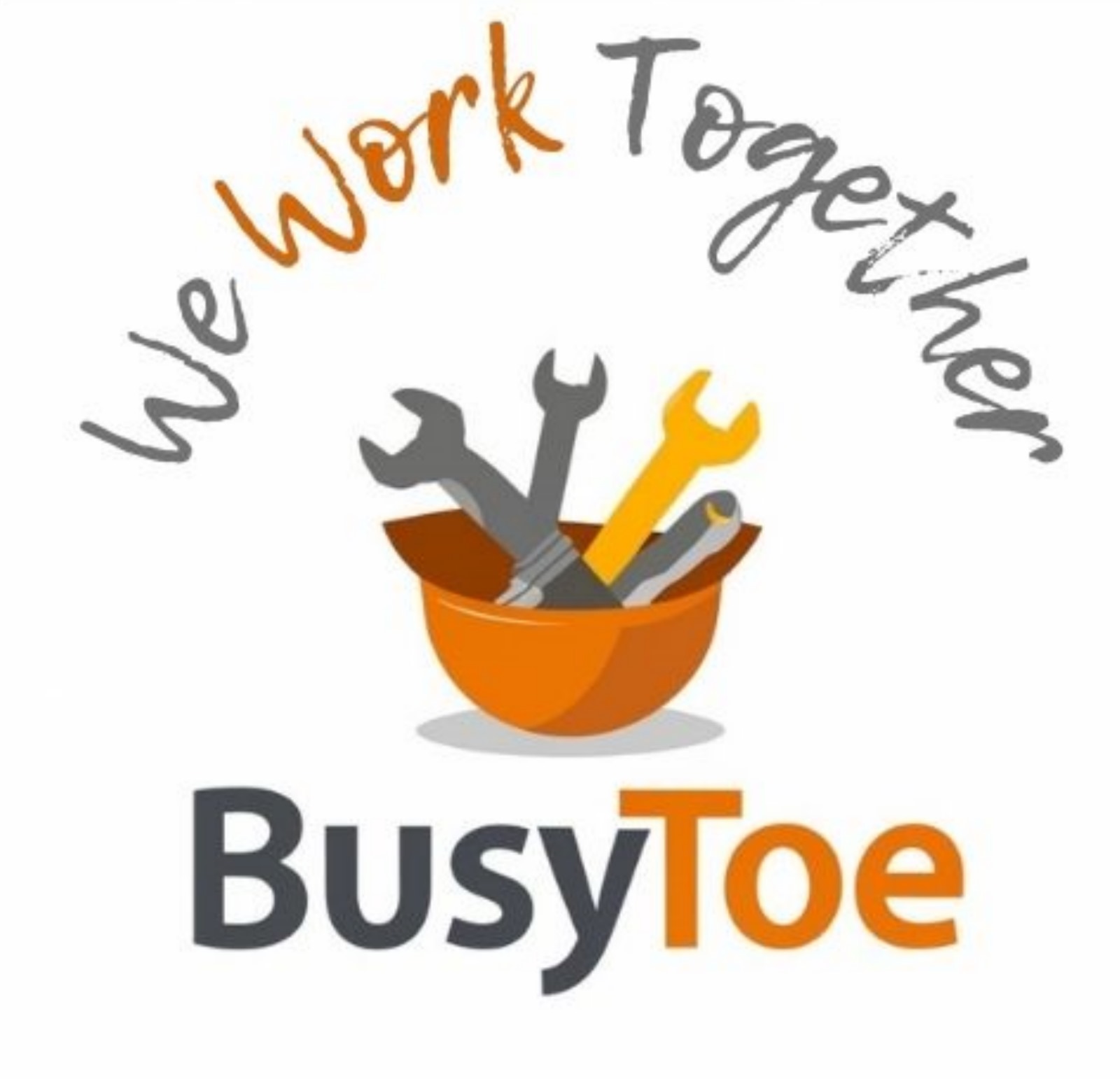
Responsibilities of Online Buyers and Sellers of Services
Introduction:
Ethical concerns are essential to maintaining fair and open exchanges between service providers and customers in the fast-paced world of online commerce, where transactions happen instantly. Maintaining ethical standards is crucial for building mutual respect, trust, and integrity in the digital economy, regardless of whether you’re a client looking to hire services or a freelancer giving your knowledge. In order to encourage ethical behavior and preserve the integrity of online transactions, we will examine the ethical obligations that both buyers and sellers of online services have. We will do this by going over important concepts, best practices, and standards in this blog.
Ethical Responsibilities of Sellers:
Honesty and Transparency:
Being truthful and open with your clients should be your top priorities as an online service provider. To manage customer expectations and prevent misunderstandings, be straightforward and honest about your credentials, experience, capabilities, and pricing. To help clients make educated decisions, disclose any possible conflicts of interest, restrictions, or hazards related to the services you provide.
Quality and Professionalism:
Make a commitment to producing top-notch work and acting professionally at all times when interacting with clients. Deliver work that is precise, on schedule, and compliant with the agreed-upon requirements in an effort to surpass the client’s expectations. Follow industry standards, rules, and best practices that are pertinent to your area of expertise to guarantee the effectiveness and integrity of your services. Seek out consumer feedback on a regular basis and utilize it to hone your abilities and procedures over time.
Respect for Intellectual Property:
When offering online services, respect other people’s intellectual property rights and follow copyright laws and regulations. Steer clear of copyright violations, plagiarism, and passing off other people’s writing as your own. Get the legal consents or licenses for any third-party materials or content that you utilize in your work, and make sure that you provide credit where credit is due. By precisely outlining ownership and usage rights in your contracts and agreements with clients, you can safeguard your own intellectual property rights.
Confidentiality and Data Privacy:
Protect the privacy and confidentiality of client data and information that you are entrusted with while performing your duties. Honor any nondisclosure agreements (NDAs) or confidentiality agreements you sign with clients, and don’t share private or proprietary information unless you have permission to do so. To prevent unauthorized access, disclosure, or misuse of client data, put strong security measures in place and adhere to any applicable data protection laws and regulations in your area.
Ethical Responsibilities of Buyers:
Fair Treatment and Respect:
As a buyer of online services, treat service providers with fairness, respect, and professionalism at all times. Avoid making unreasonable demands, exerting undue pressure, or engaging in abusive behavior towards service providers, regardless of the circumstances. Recognize and appreciate the expertise, time, and effort invested by service providers in delivering their services and acknowledge their contributions accordingly.
Clarity of Requirements and Expectations:
Clearly communicate your requirements, objectives, and expectations to service providers upfront to ensure mutual understanding and alignment. Provide detailed project briefs, specifications, and guidelines to guide the work of service providers and minimize the risk of misinterpretation or deviation from your expectations. Be open to questions, clarifications, and feedback from service providers throughout the project lifecycle and collaborate with them to achieve the desired outcomes.
Timely Payment and Fair Compensation:
Respect your financial commitments and make sure you pay service providers on time for the services they offer in accordance with the terms and circumstances that have been agreed upon. Prevent any issues or delays in billing, payment processing, or reimbursement that can have a negative effect on service providers’ reputations or financial stability. Pay service providers a fair and competitive wage in accordance with their level of experience, level of complexity, and value given.
Feedback and Recognition:
Provide constructive feedback and recognition to service providers based on the quality, timeliness, and effectiveness of their work. Acknowledge and appreciate exceptional performance, innovation, or added value demonstrated by service providers and communicate your satisfaction or areas for improvement openly and constructively. Help build the reputation and credibility of service providers by sharing positive testimonials, referrals, or recommendations with others in your network.
In the globalized realm of internet-based business, moral behavior is critical to building mutual respect, trust, and integrity between service providers and consumers. Fair and transparent transactions can flourish in an ethical online marketplace that is supported by both buyers and sellers by supporting ethical standards including honesty, transparency, professionalism, and respect for intellectual property. Buyers and sellers can create long-lasting connections, promote business expansion, and preserve the integrity and reputation of the online marketplace for years to come by adopting ethical norms and practices in their interactions.










